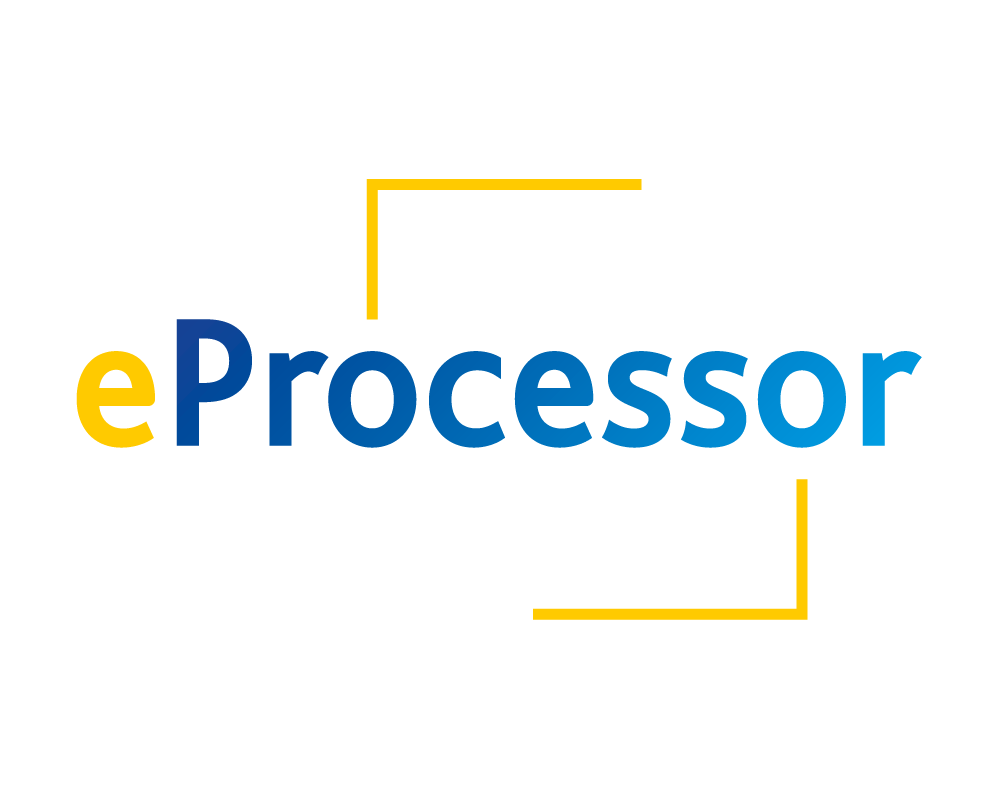The eProcessor proposal goes beyond the traditional HPC usage domain, expands to High Performance Data Analytics (HPDA), Deep Learning and AI workloads , and mixed-precision processing technologies for genomic processing in the Bioinformatics domain.
eProcessor’s unique value proposition can be summarized in the following:
eProcessor offers an open complete hardware-software stack for HPC systems utilizing cutting-edge mainly open-source technologies based on the RISC-V architecture providing a hardware device (eProcessor TC1 chip), a HW emulation system (the multi-core FPGA SDV), an advanced simulation system (on top of GEM5) and the corresponding low-level SW which all allow for the efficient development of advanced HPC applications and systems.
